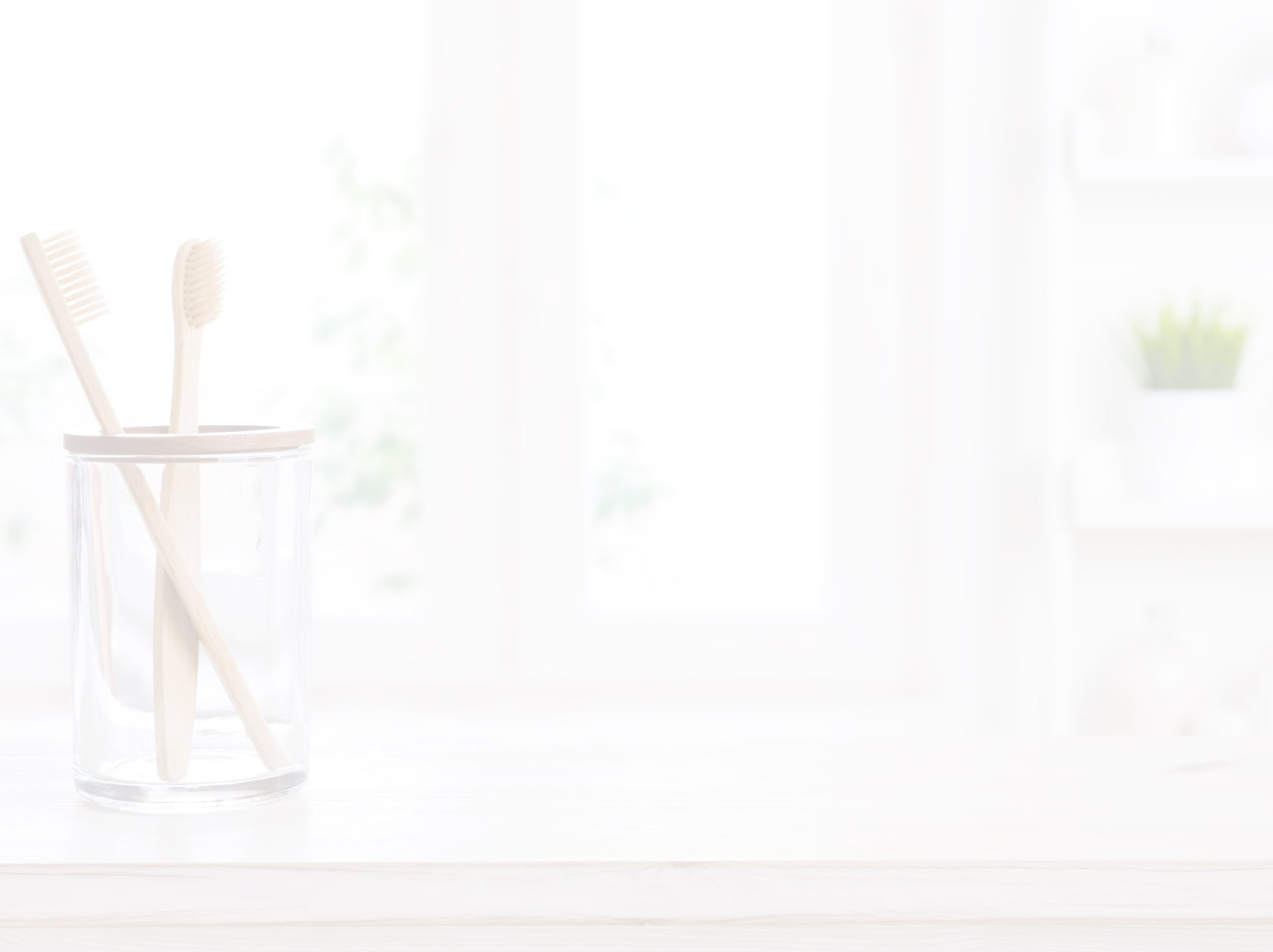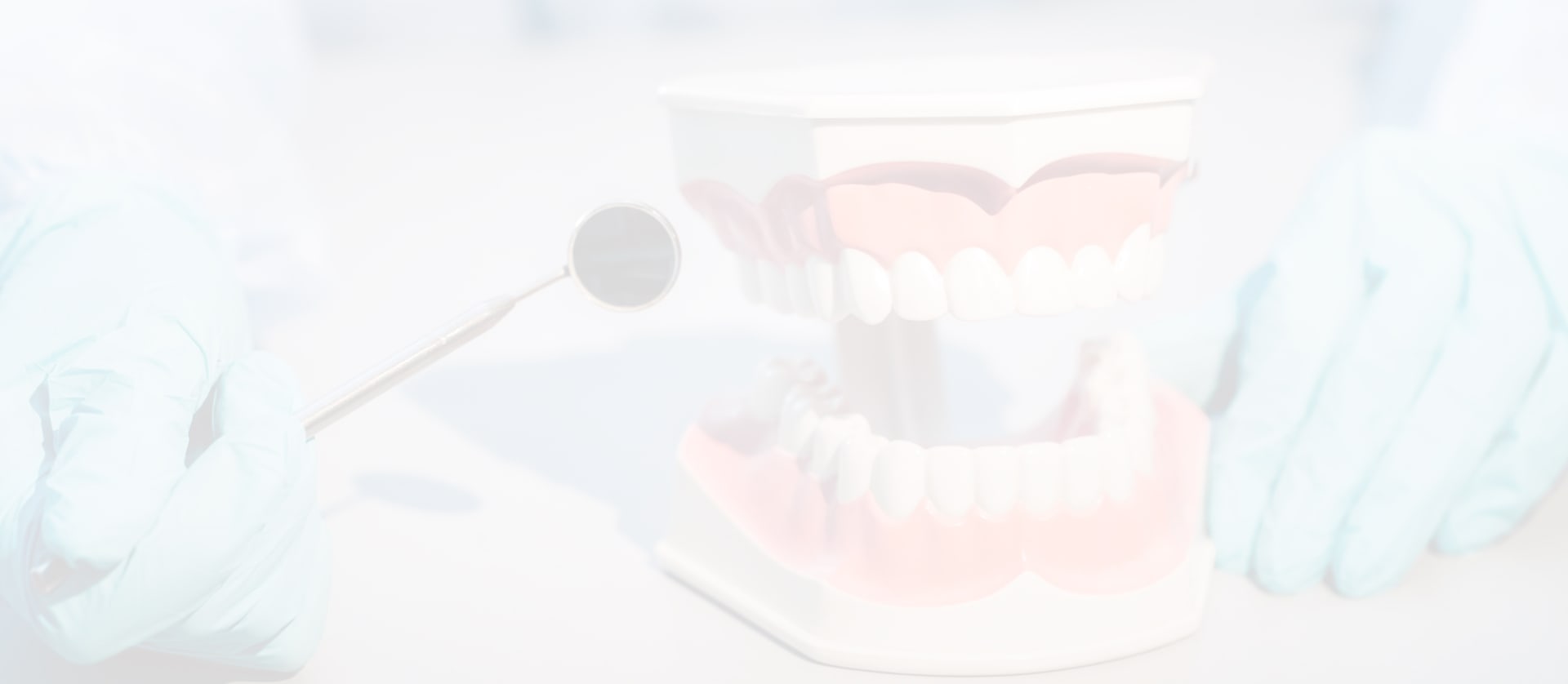When it comes to dental health, one question often stands out: are yellow teeth a sign of poor oral health? With images of sparkling white smiles dominating advertisements and social media, it’s no wonder many view yellow teeth with concern. But is it simply a cosmetic issue, or does it reveal deeper health problems?
Yellow teeth are generally not a sign of poor oral health—in many cases, they’re a natural variation in tooth color based on factors like dentin thickness and enamel.
Understanding Tooth Colour
To address the relationship between yellow teeth and oral health, it’s helpful to first understand what influences a tooth’s natural color.
The Role of Dentin
The colour of your teeth stems primarily from dentin, the layer of tissue beneath your enamel. Dentin naturally ranges in shades from pale yellow to light gray. The level of yellow in your teeth depends on how thick your enamel is—the thinner the enamel, the more dentin shows through.
Although many strive for gleaming white teeth, these may not be natural for everyone. For some, slightly yellow teeth are their normal, healthy shade.
External Factors Influencing Tooth Colour
Beyond natural variations, external factors like diet, lifestyle choices, and environmental exposure also play a big role in tooth colour. Foods, drinks, and even habits like smoking can stain enamel over time, making teeth appear more yellow.
Common Causes of Yellow Teeth
Yellow teeth are a common concern, often influenced by multiple factors. Here’s a closer look at what causes them: lifestyle choices, dental health issues, and other contributing elements.
Lifestyle Factors
- Diet: Foods and beverages rich in pigments, such as coffee, tea, red wine, and certain berries, contain chromogens—compounds that stick to enamel and leave stains.
- Smoking & tobacco products: Nicotine and tar found in tobacco can leave long-lasting, stubborn stains on teeth, turning them yellow or brown.
- Poor oral hygiene practices: Skipping regular brushing and flossing can allow plaque and tartar to build up, leading to bacteria growth and trapped stains on enamel.
- Acidic foods & drinks: Consuming acidic items, like citrus fruits or sodas, can erode enamel over time. This thinning makes the underlying yellow dentin more visible.
Dental Health Issues
- Tartar buildup & decay: Plaque that hardens into tartar can darken teeth while underlying issues like cavities further discolour them.
- Enamel thinning with age: Dental enamel naturally wears down due to aging or certain conditions over time, increasing the visibility of yellow dentin.
- Fluorosis: Excessive fluoride during tooth development can lead to streaking or spotting, making teeth appear mottled.
- Medication effects: Certain antibiotics taken during childhood or treatments like chemotherapy can discolour teeth over time.

Other Contributing Factors
- Aging: Teeth are naturally yellow as the enamel wears down with age—a normal process that doesn’t necessarily indicate poor oral health.
- Health conditions: Some medical conditions affecting the liver or enamel formation can result in discoloured teeth.
- Genetics: Enamel thickness or natural tooth shade can be influenced by hereditary factors, meaning yellow or grayish teeth may simply be your genetic baseline.
Teeth Whitening Options
The rise of teeth-whitening products has made bright smiles more accessible than ever. However, white teeth do not necessarily equal healthy teeth.
Bleaching treatments—whether in-office or at home—can lighten tooth colour. Products such as hydrogen peroxide strips or whitening trays can be effective but should be used cautiously. Overuse can damage enamel, increase sensitivity, or even lead to decay.
When Whitening Isn’t Effective
Some discoloured teeth, particularly those affected by thinning enamel, won’t respond to whitening. For these cases, consulting a dental professional is a good next move.
Tips for Maintaining a Healthy Smile
Yellow teeth may not always reflect oral health status, but maintaining strong teeth and gums is important for overall well-being. Here are some tips to keep your smile vibrant and healthy:
- Brush twice daily: Use fluoride toothpaste and a soft-bristle brush. Brush gently for at least two minutes to remove plaque effectively.
- Floss daily: Flossing helps remove food particles and plaque that a toothbrush might miss.
- Visit the dentist regularly: Frequent dental checkups allow professionals to monitor and address issues like tartar buildup early.
- Limit staining foods & drinks: Moderation with coffee, tea, and wine, along with rinsing your mouth after consuming them, can help prevent stains.
- Avoid smoking: Quitting tobacco products will not only improve tooth colour but also boost overall oral health.
- Stay hydrated: Drinking water throughout the day reduces plaque accumulation and washes away staining particles.
Healthy Teeth Beyond Colour
While stains and discoloration can be bothersome, they’re not a definitive measure of oral health. Teeth of any shade can be healthy with the right care habits. At Fairlawn Dental Centre, we believe the best smiles are the ones you wear confidently. If you’re concerned about tooth discoloration or would like advice on maintaining a healthy mouth, we offer a range of personalized dental services to help meet your needs.










